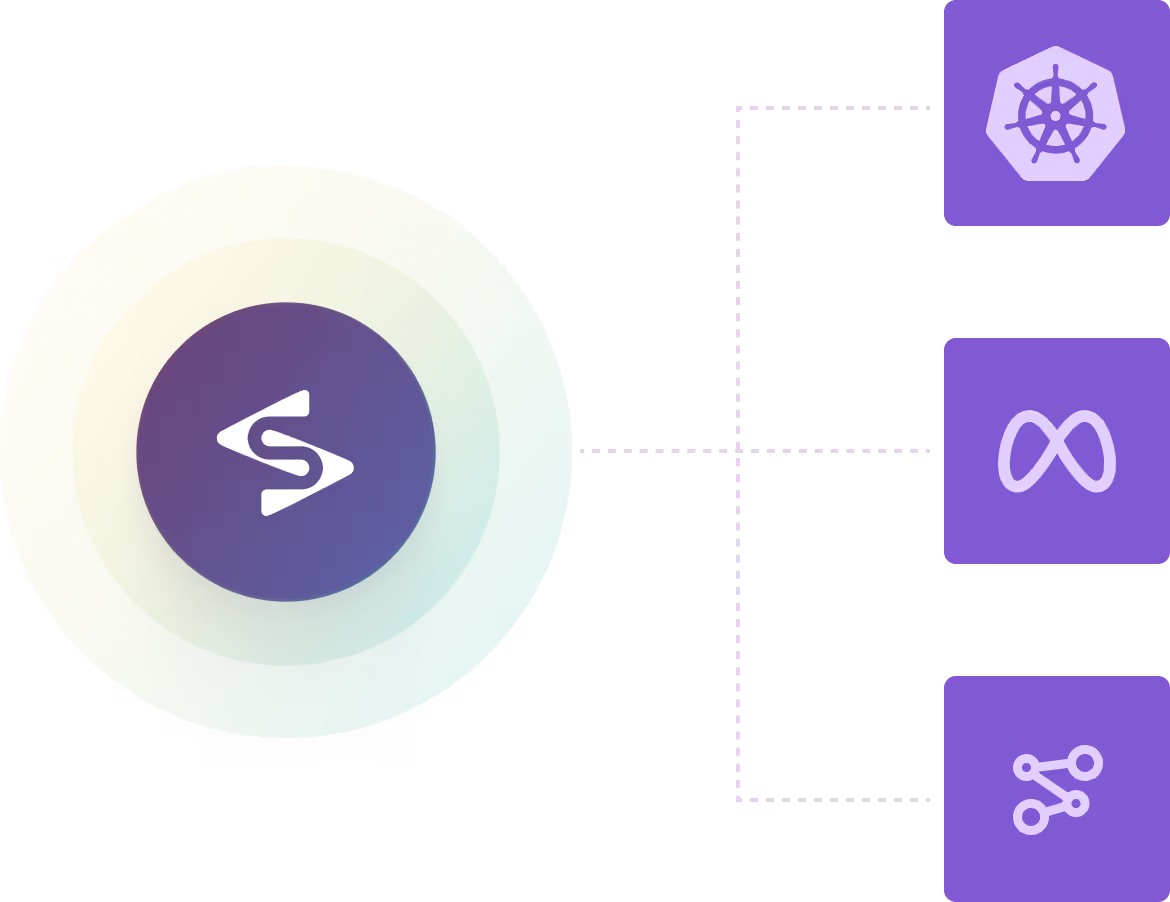Local development for the agentic era
Connect local machines or CDEs directly to your Kubernetes cluster. Empower developers and agents to write, run, and verify code against real cloud dependencies without leaving the IDE.
“Our vision when we started talking to Signadot was that we wanted to have the same stack for testing and production. Signadot has allowed us to do just that, bringing down the lead time for our developers to test changes from 30 minutes to literally 60 seconds.”











Hot reloads for your backend
Your agents can generate code in seconds. But validating it still takes 20 minutes in CI. Signadot Local gives developers and agents a fast, high-fidelity feedback loop against real infrastructure. Change code. See it live. Move on.
.svg)
Standardize the inner loop
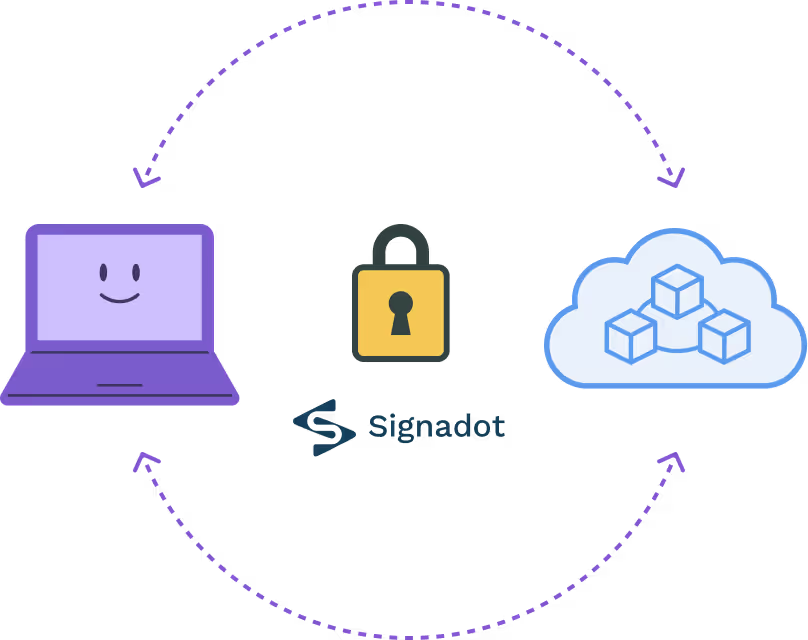
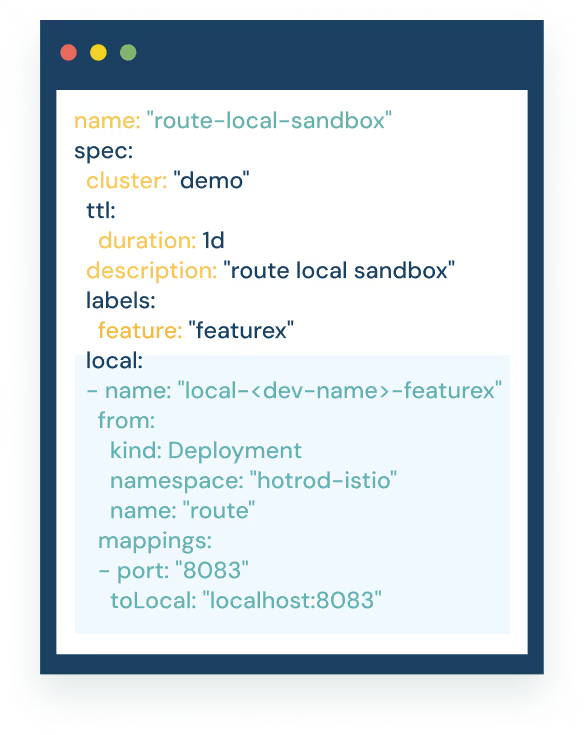
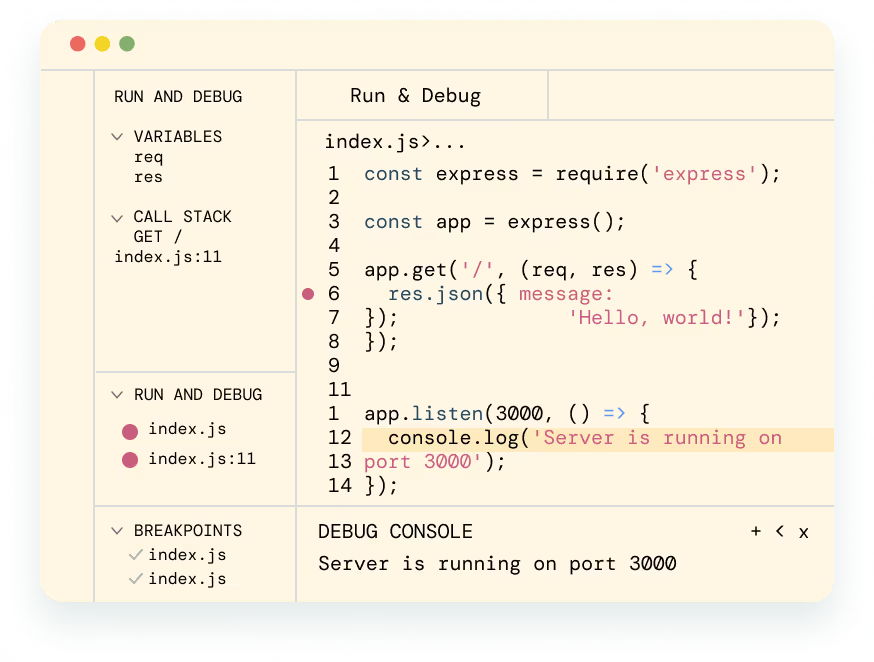
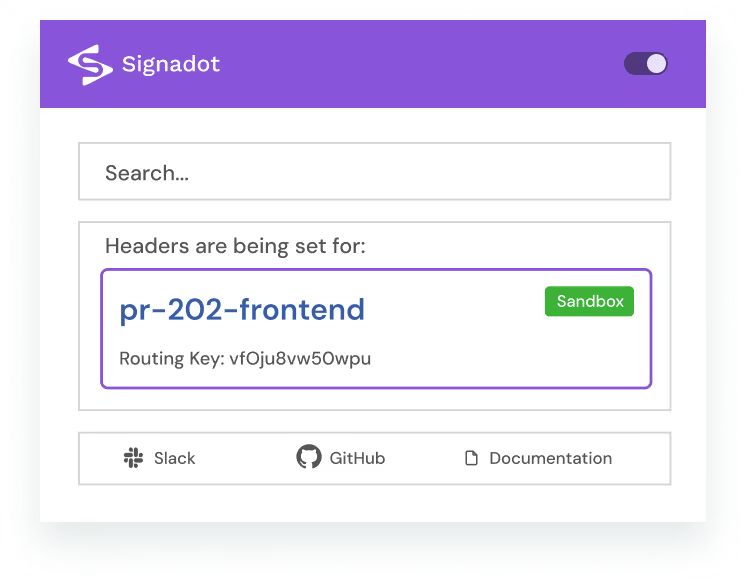
Talk to an engineer
Inspect live traffic. Override any API.


Turn agents into validated shippers
Code generation is the easy part. The bottleneck is validation. Give your agents the infrastructure to verify their work end-to-end, so they stop being expensive autocomplete and start actually shipping.
.svg)
.svg)
.svg)
The Signadot MCP Server
Forget learning new YAML. Equip your agents with native tools to manage sandboxes, route traffic, and verify code using natural language. No kubectl. No custom scripts. No ticket to the platform team.
The Signadot MCP (Model Context Protocol) Server plugs directly into AI coding tools like Cursor, Claude and Windsurf.



Do it all in local



Standardize once.
Rollout everywhere.
Signadot Local works with your existing Kubernetes clusters and integrates seamlessly with your IDE, debugger, and local development tools for fast integration testing.
